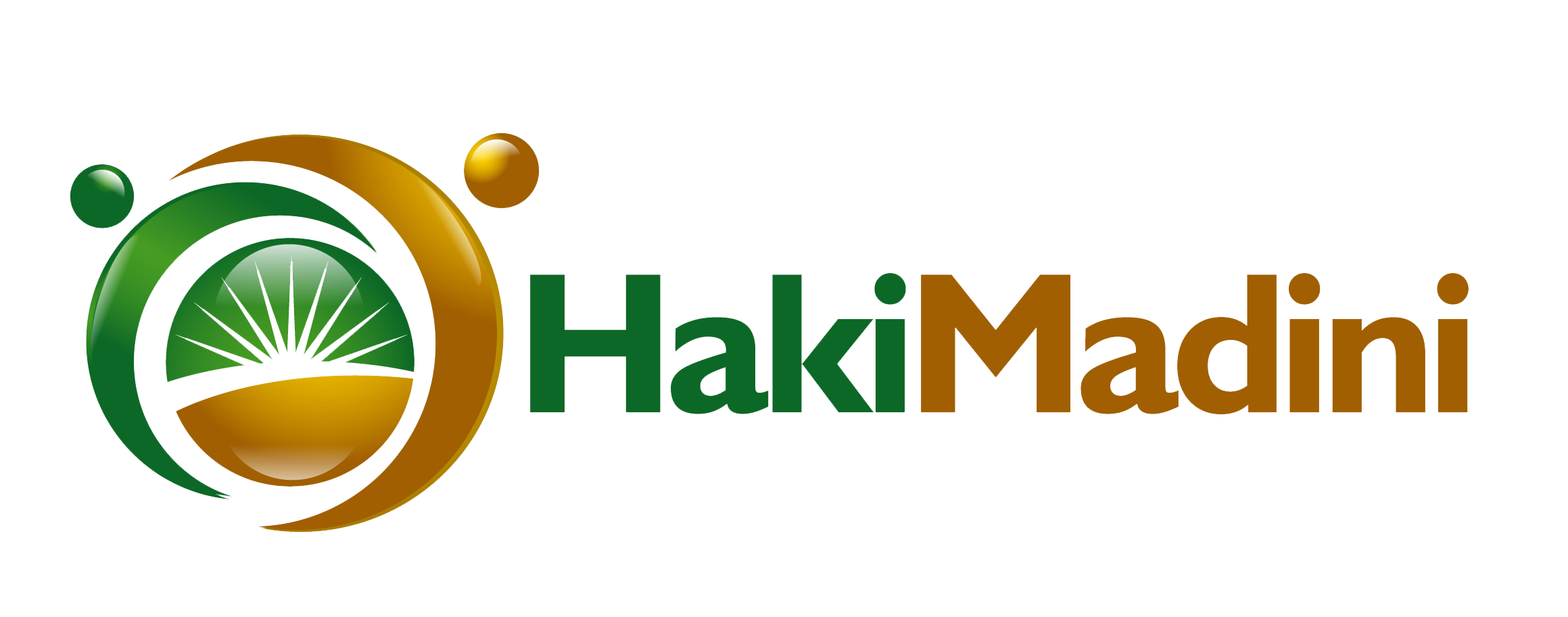Sustainable Artisanal and Small-scale mining
Sustainable ASM
Artisanal and small-scale mining (ASM) plays a vital role in Tanzania’s economy, providing income and employment for over 1.5 million people more than 90% of the country’s mining workforce. In 2017, ASM contributed 4.8% to the national GDP, underscoring its significance to livelihoods and local economies. However, despite its potential, the sector remains largely informal, underregulated, and environmentally harmful.
The Sustainable ASM Program by HakiMadini is committed to transforming this crucial sector into one that is safe, productive, and environmentally responsible. The program promotes the adoption of best practices in mining operations, occupational health and safety, and environmental conservation ensuring that ASM contributes meaningfully and sustainably to national development.
Context and Challenges
Most ASM operations in Tanzania are carried out using rudimentary tools and techniques, often without proper oversight. As a result, mining is frequently conducted in an uncontrolled and unsafe manner, leading to serious environmental degradation and human health risks.
Common issues include:
Unregulated mercury use in gold extraction.
Unplanned mining pits, causing land instability and accidents.
Siltation of rivers, erosion, and deforestation.
Water contamination and destruction of natural habitats.
Social problems such as insecurity, local inflation, and poor labor conditions.
A persistent “cat and mouse” dynamic exists between miners and regulators, largely due to weak governance, a lack of transparency, and poor communication. This results in non-compliance with safety and environmental standards, further compounding the sector’s challenges.
Key barriers include:
Outdated or overly complex legal and fiscal frameworks.
Weak institutional capacity and inconsistent enforcement of regulations.
Lack of access to information, modern technologies, and affordable finance.
Poor occupational health and safety standards.
Limited support services and exclusion from formal markets.
These factors form a vicious cycle that keeps many ASM communities trapped in poverty, vulnerability, and unsustainable practices.
HakiMadini’s Approach to Sustainable ASM
Recognizing the immense potential of ASM to support rural development, HakiMadini seeks to create an enabling environment that allows artisanal and small-scale miners to operate safely, legally, and sustainably.
Our strategy includes:
Promoting best mining practices that improve efficiency and reduce environmental harm.
Advocating for inclusive and simplified legal frameworks that support formalization and responsible ASM operations.
Building the technical capacity of miners on occupational safety, health, and environmental protection.
Raising awareness about the dangers of mercury use and supporting the adoption of safer alternatives.
Facilitating access to information, technology, and support services to improve ASM livelihoods.
Engaging communities, government, and stakeholders to promote collaborative governance of ASM areas.
Our Vision for ASM
We envision an ASM sector that:
Supports livelihoods without compromising environmental integrity.
Respects the rights and safety of miners and local communities.
Contributes to local and national development in a sustainable and equitable way.
Through the Sustainable ASM Program, HakiMadini is working to ensure that Tanzania’s mineral wealth benefits not just corporations—but also the communities closest to the land.
